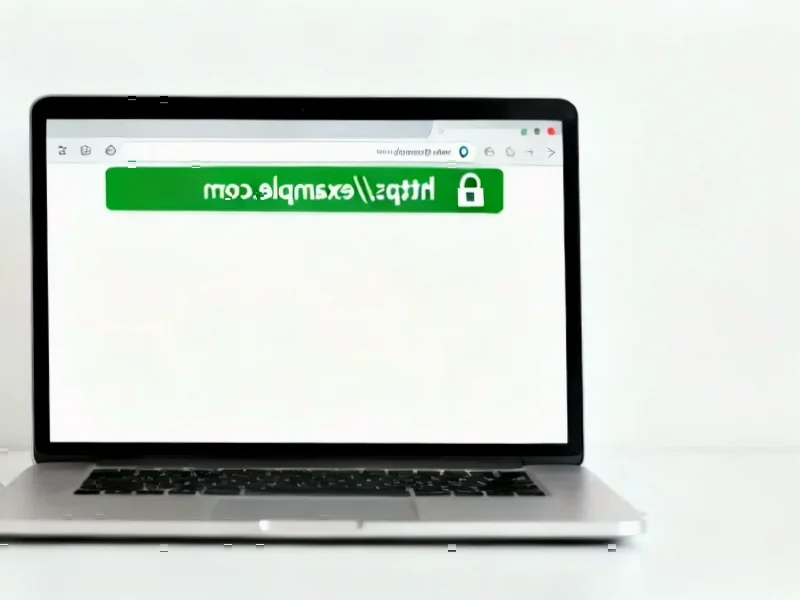According to Mashable, Google announced on Monday that Chrome’s autofill feature has been significantly expanded beyond just passwords. The browser can now remember and automatically fill in passport numbers, driver’s license numbers, and vehicle identification numbers. Google claims the enhanced autofill better understands complex forms and varied formatting requirements, though specific improvements weren’t detailed. All stored data is encrypted for security, and the feature only works when “enhanced autofill” is enabled in Chrome settings. Users can prevent Google from storing this sensitive information by keeping the setting turned off.
The convenience versus security dance
Here’s the thing about this update: it’s solving a real problem while creating a whole new set of questions. We’ve all been there—struggling to find that passport number when booking international travel or digging through glove compartments for VINs. Google’s making that friction disappear, which is genuinely useful.
But storing government-issued identification numbers in a browser? That’s a different level of trust. Sure, Google says it’s encrypted, and they’ve got pretty solid security infrastructure. Still, I can’t help but wonder—do we really want our most sensitive personal identifiers living in the same place we casually browse memes and shop online?
Where this is all heading
This feels like part of a bigger push toward making browsers our digital identity wallets. We’re already seeing moves toward digital driver’s licenses and mobile passports in various countries. Chrome storing this information could position Google perfectly for when those digital documents become mainstream.
Think about it—if your browser already knows your driver’s license number, passport details, and vehicle information, how big of a leap is it to actually verify and use digital versions of those documents? Probably not very far at all. Google’s building the infrastructure for a future where your browser becomes your official ID holder.
<h2 id="privacy-considerations”>The privacy elephant in the room
Now, let’s address the obvious concern. Even with encryption, this is sensitive data we’re talking about. Driver’s license numbers can be used for identity theft. Passport numbers are gold for fraudsters. Vehicle identification numbers can reveal your car’s entire history.
The good news? This is opt-in. You have to deliberately enable enhanced autofill for Chrome to start storing this information. And honestly, that’s probably the right approach—let users decide their own comfort level with convenience versus potential risk.
But here’s my take: while this feature will undoubtedly save people time and frustration, I’d be cautious about what exactly you let Chrome remember. Some information just feels too important to trust to any third party, no matter how secure they claim to be.




